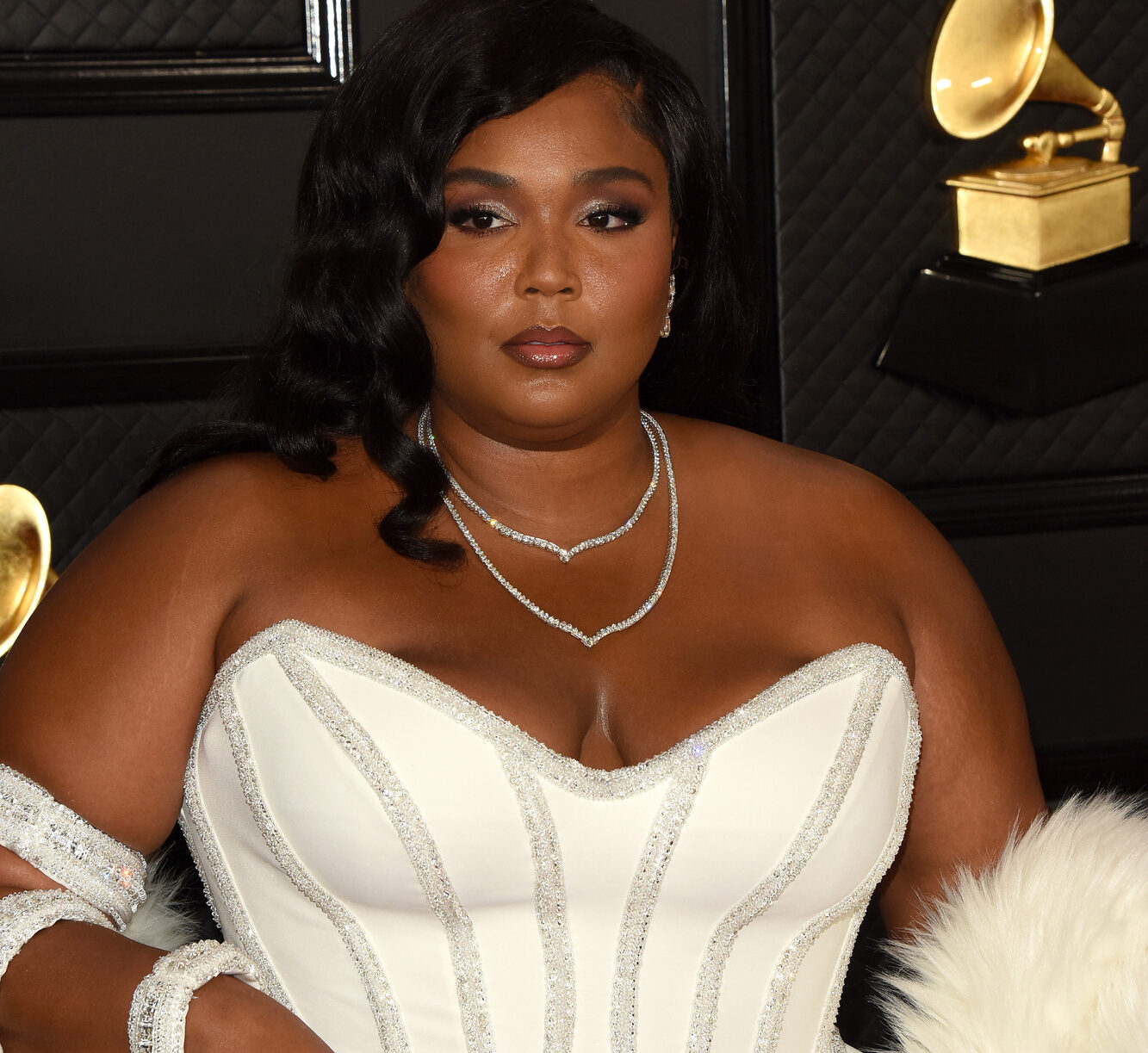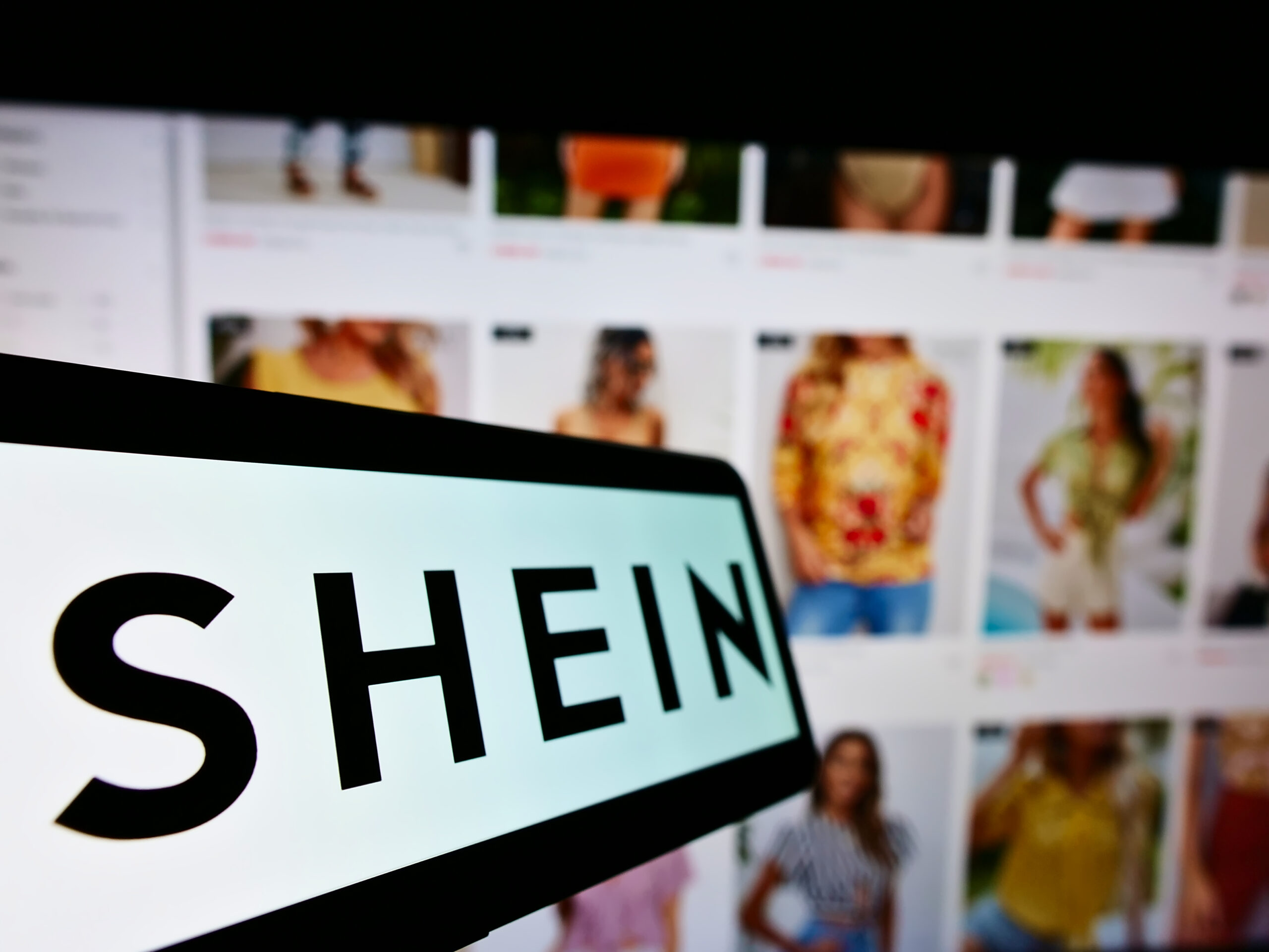
Lizzo’s Legal Battle Unveiled: Analyzing the Accusations and Counterclaims
Navigating a Legal Entanglement In the ever-evolving landscape of legal confrontations between public figures and their associates, the recent clash between musician Lizzo and her former backup dancers has taken a new twist. Allegations and counterclaims abound, shedding light on the complex interplay between contractual obligations, backstage dynamics, and individual intent. Accusations and Counterclaims: A […]

